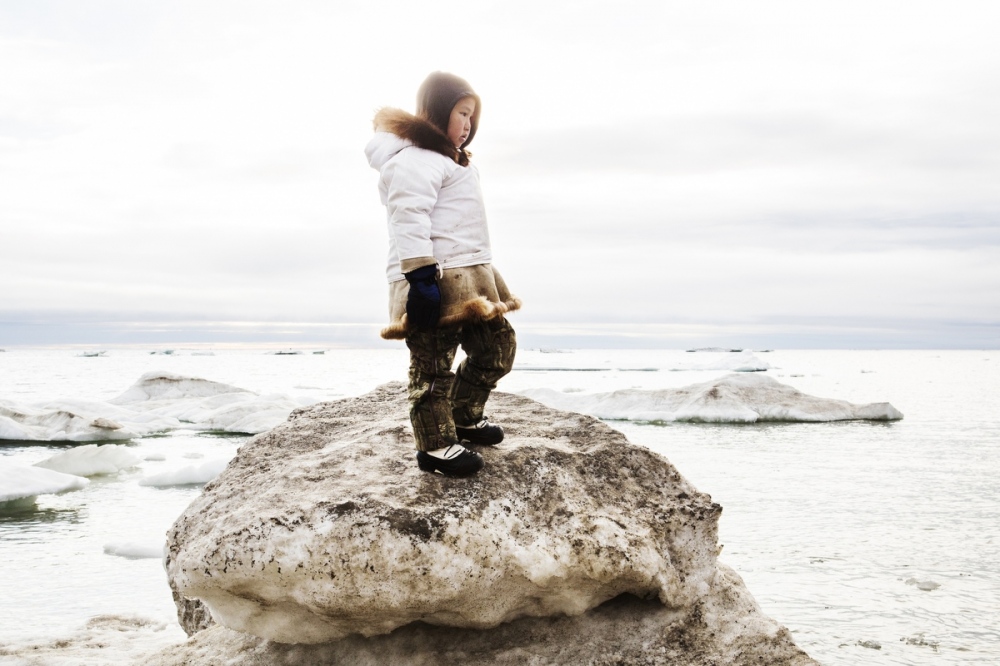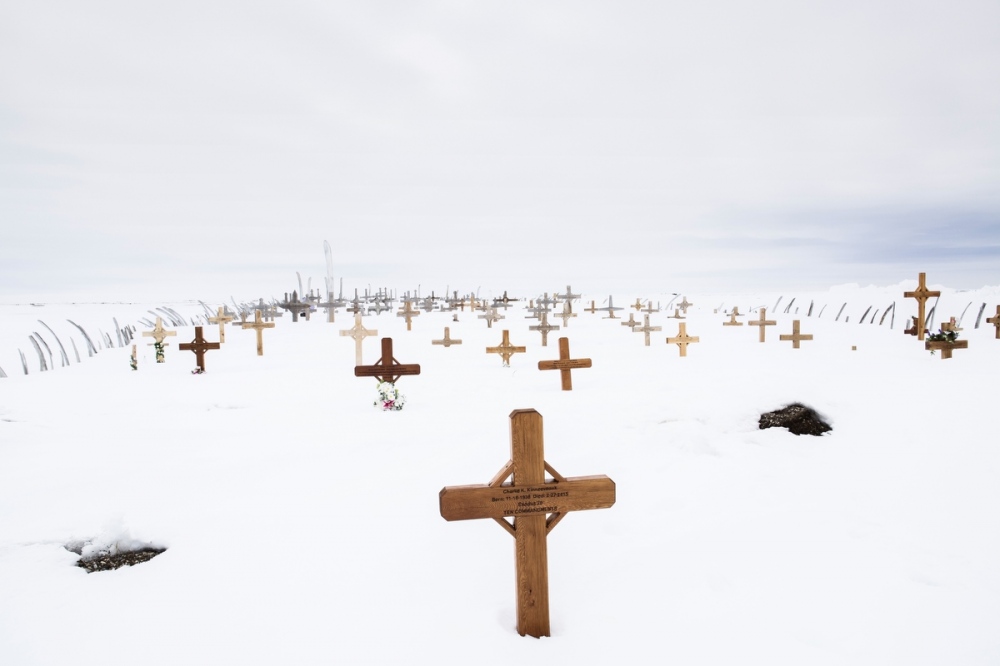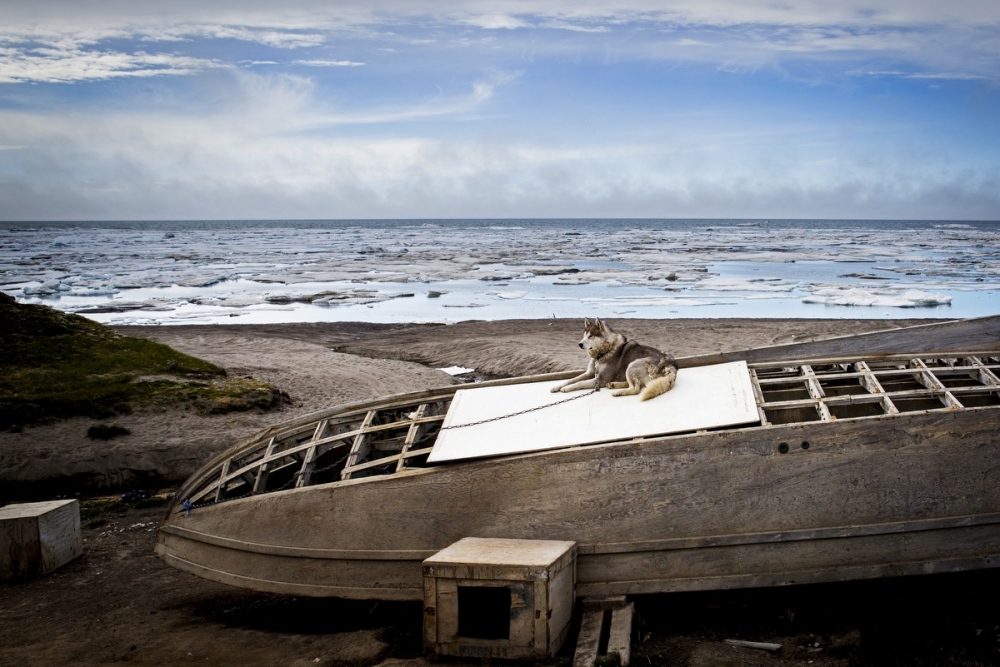Scientists call the Alaska "ground zero" for climate change, and 2015 was the state's warmest year on record. Alaska is at the front line of climate change and what is happening to villages across the region can be seen as early indications for the rest of the world's future. "Chasing Winter" explores how this reality is transforming the relationship between people, animals and the land.
For Alaska's indigenous people, especially those living in isolated, rural areas, these changes are threatening to bring an end to their way of life. Hunting, fishing and foraging for food, known as "subsistence," is the anchor of culture and economy for Alaska's many native groups, some with traditions over a thousand of years old and only a handful of living elders who still speak their native tongues. Whale, walrus, seal, caribou and salmon are dying off and migrating in new patterns, and the communities who rely on them for nutrition, income, and spiritual practices are facing unprecedented weather, hunting and lifestyle challenges.
For many Inupiat villages nothing is more important than the bowhead whale. The few massive bowheads taken by a traditional hunt each year supply thousands of pounds of meat in a place where prices are inflated and protein is scarce. Yet melting snow and shifting sea ice has made travel and camping increasingly dangerous. Entire hunting seasons have become shorter and sometimes non-existent. Water has been creeping into ice cellars in what used to be permanently frozen ground, causing meat stored there to go bad. Animals like polar bears which are also facing scarcity caused by climate change, are moving closer to humans looking for food, putting both bears and humans at risk.






























































































